The leftist-liberal press likes to portray Donald Trump’s tariff threats as reckless, hasty, and irrational actions. Some headlines have even described his decision to threaten Canada, Mexico, and the European Union with tariffs as a self-inflicted own goal. However, the American president’s goal is entirely clear: he wants to assert his country’s interests. And by all indications, he is succeeding.
Even before taking office, Donald Trump made it explicitly clear that his foreign policy would prioritize the national interest of the United States. To enforce this, he has shown a willingness to impose punitive tariffs.
I have been reading comments in the leftist-liberal press on the matter, and they consistently describe these measures as thoughtless, irrational, or outright insane. Large analytical firms have also weighed in, predicting runaway inflation and economic downturn in America as a result of Trump’s actions.
Yet, Trump’s measures appear to be working. In Mexico’s case, for example, his goal was for the country to take stronger action against illegal immigration and the criminal gangs smuggling drugs into the United States. In my view, this is a completely legitimate demand from an American president whose aim is to reduce crime and illegal immigration in his country. With Canada, Trump sought increased border controls as well.
At first, his request was not taken seriously. But after he announced a 25-percent punitive tariff on both countries, the response quickly changed.
Initially, the Mexican president called Trump’s statement - suggesting that her government was in league with the Mexican cartels - an insult. However, after speaking with him on the phone, she immediately announced a series of agreements. The Mexican National Guard promptly deployed ten thousand armed officers to curb drug trafficking into the United States. In return, the Americans pledged to stem the flow of particularly destructive weapons—such as rocket launchers—into Mexico. Trump was pleased with the agreement, stating that it was explicitly aimed at preventing the entry of fentanyl and illegal migrants. And a similar agreement was reached with Canada. There, outgoing Prime Minister Justin Trudeau allocated $1.3 billion to strengthen the border through technology, helicopters, and coordination with American partners to curb fentanyl smuggling. Additionally, Canada also deployed nearly ten thousand personnel to the border. As a result, Trump suspended the protective tariffs on both countries for a month.
So initially, the leaders of Mexico and Canada dismissed Donald Trump’s demands. But once the U.S. President took a firm stand and forcefully defended his country’s interests - namely, stopping the smuggling of drugs and illegal migrants - their attitudes quickly changed, and both nations suddenly deployed thousands of troops to reinforce border security.
We saw an equally effective enforcement of U.S. interests in Colombia. Staying true to his campaign pledge, Donald Trump issued a presidential decree for the deportation of illegal immigrants. When the first such flight departed from San Diego, California, at the end of January, Colombian authorities protested the American decision by refusing to allow the planes to land, sending them back to the United States. Leftist Colombian President Gustavo Petro declared that the United States could not treat Colombian migrants as criminals. He even issued a presidential decree prohibiting Colombian air traffic control from granting landing clearance to American military planes carrying deported Colombian migrants.
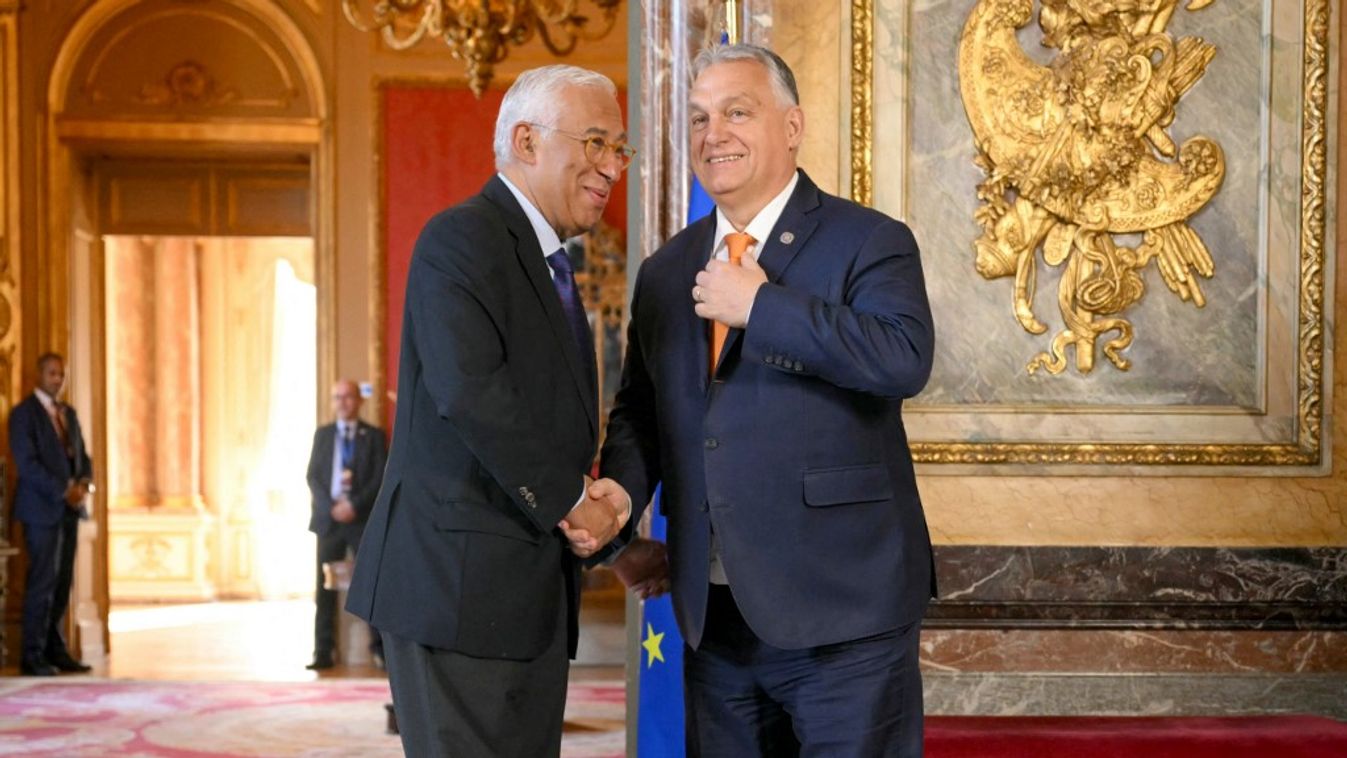

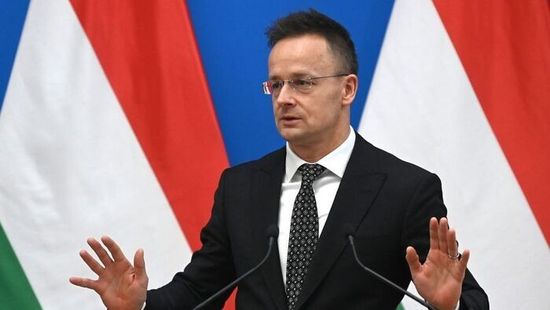

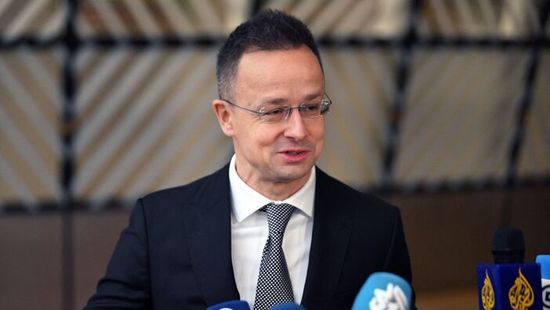







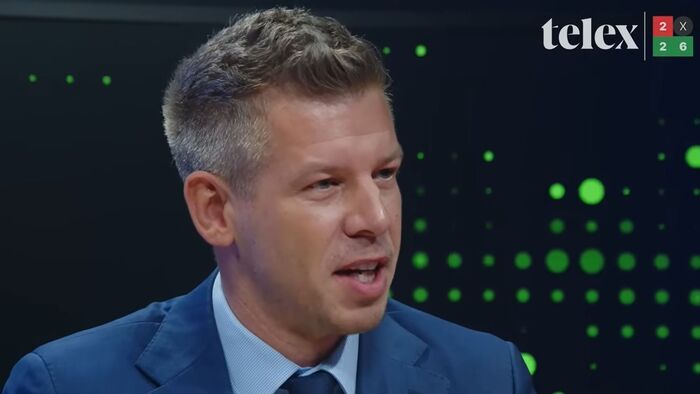
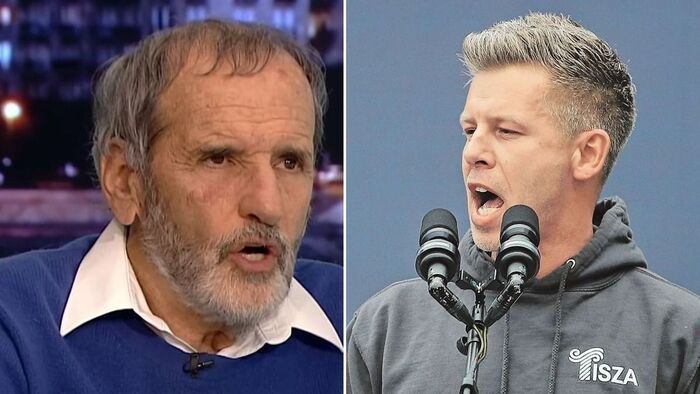

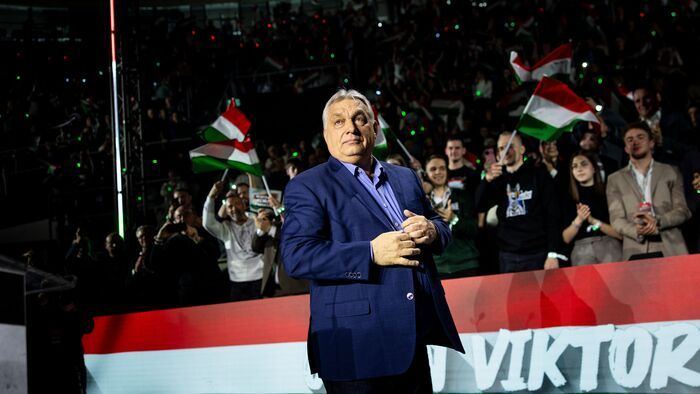
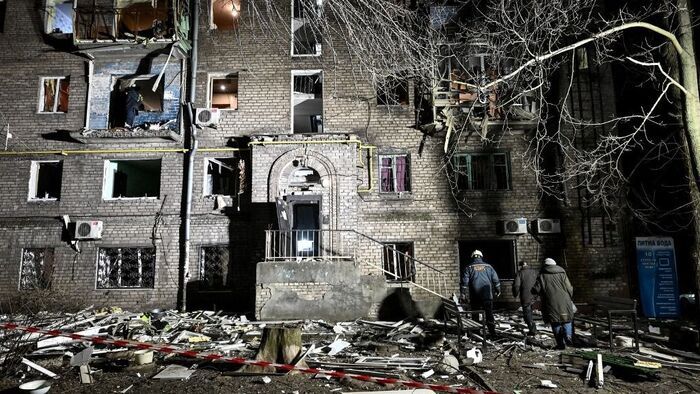






Szóljon hozzá!
Jelenleg csak a hozzászólások egy kis részét látja. Hozzászóláshoz és a további kommentek megtekintéséhez lépjen be, vagy regisztráljon!